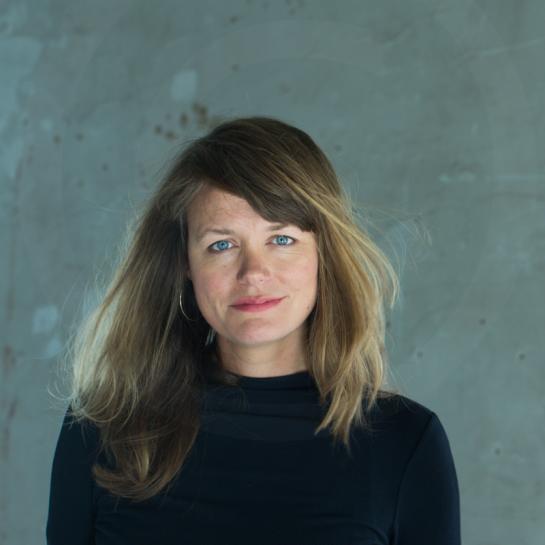
Bette Dam
Links
Biography
Bette Dam (1979) is an investigative journalist who is an ardent defender of press freedom and is one of the first journalists to openly address the danger of the current pro-Western bias in war reporting.
Going against self-censorship in war reporting, Dam spent 10 years in Afghanistan, where she repeatedly pointed out how media play a role in promoting war through biased approaches.
In Afghanistan, she noticed how most western media organisations only quoted western sources while reporting on the war on terror. Eager to correct this, Dam began cross-checking the dominant narrative of the US army or allies of the US in media reports. This often led to her facing ridicule or public attacks by governments.
Moreover, during her time in Afghanistan, she also released a series of publications like her first book on how Hamid Karzai came to Power. Here she pointed out the important historical moments the mainstream media missed like how the US government blocked a surrender and peace-deal between the Taliban and the country’s president Hamid Karzai. Though the media was aware this had happened, they went along with the American line of thought, and never independently mentioned this historical moment of peace. Only years later, the narrative of a denied peace deal became more mainstream when US authors like Steve Coll started writing about it.
The outcomes of the book on Karzai made Dam invest 5 years of her time questioning: If the war started without an enemy, who is our enemy then? She published her findings in March 2019 and made the world aware about how mainstream media often fell prey to US propaganda. Dam disclosed the whereabouts of Mullah Omar, the World’s second “most wanted” man after Osama bin Laden.
Her research made the Afghan government discredit her. They saw her as an enemy, because they were staunch supporters of the US narrative themselves. Accusing her of traitorship, a press conference in New York was held where they claimed she was being paid by the Taliban. But despite all this, she wants to continue reporting on the country in an unbiased manner.
Calling herself a whistleblower at a TED talk in Amsterdam, Dam warns the world of the problem in today’s stories on war. “My time in Afghanistan has told me now, that we as the media, need to apologize on how we reported on conflicts,” she said.
Eager to correct the shortcomings of war reporting, since November Dam took on a PhD on the subject at the Vrije Universiteit Brussel (VUB) in Belgium. The university agreed to use this PhD to come up with a practical tool-kit (Which she will create with the help of many journalists in the mainstream media) which could change the manner in which the media use sources in reporting on the war on terror.
Location
Pleinlaan 11
1050 Brussels
Belgium